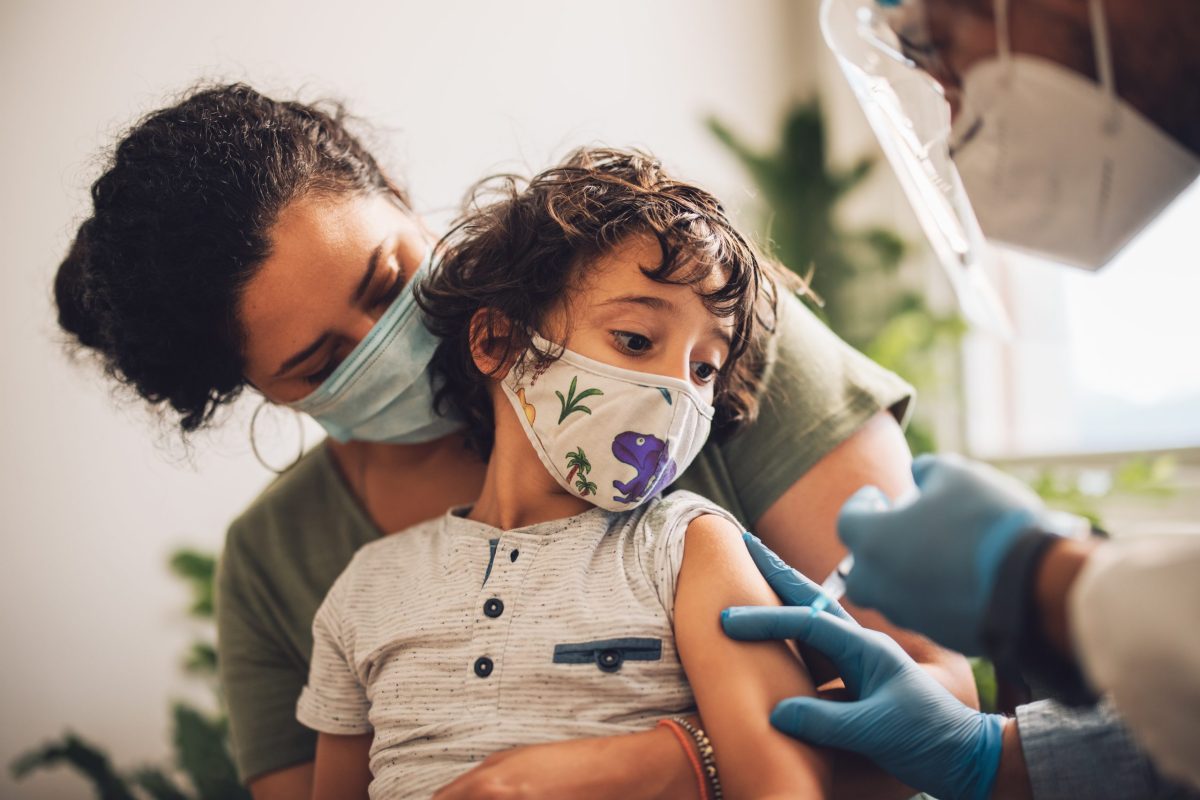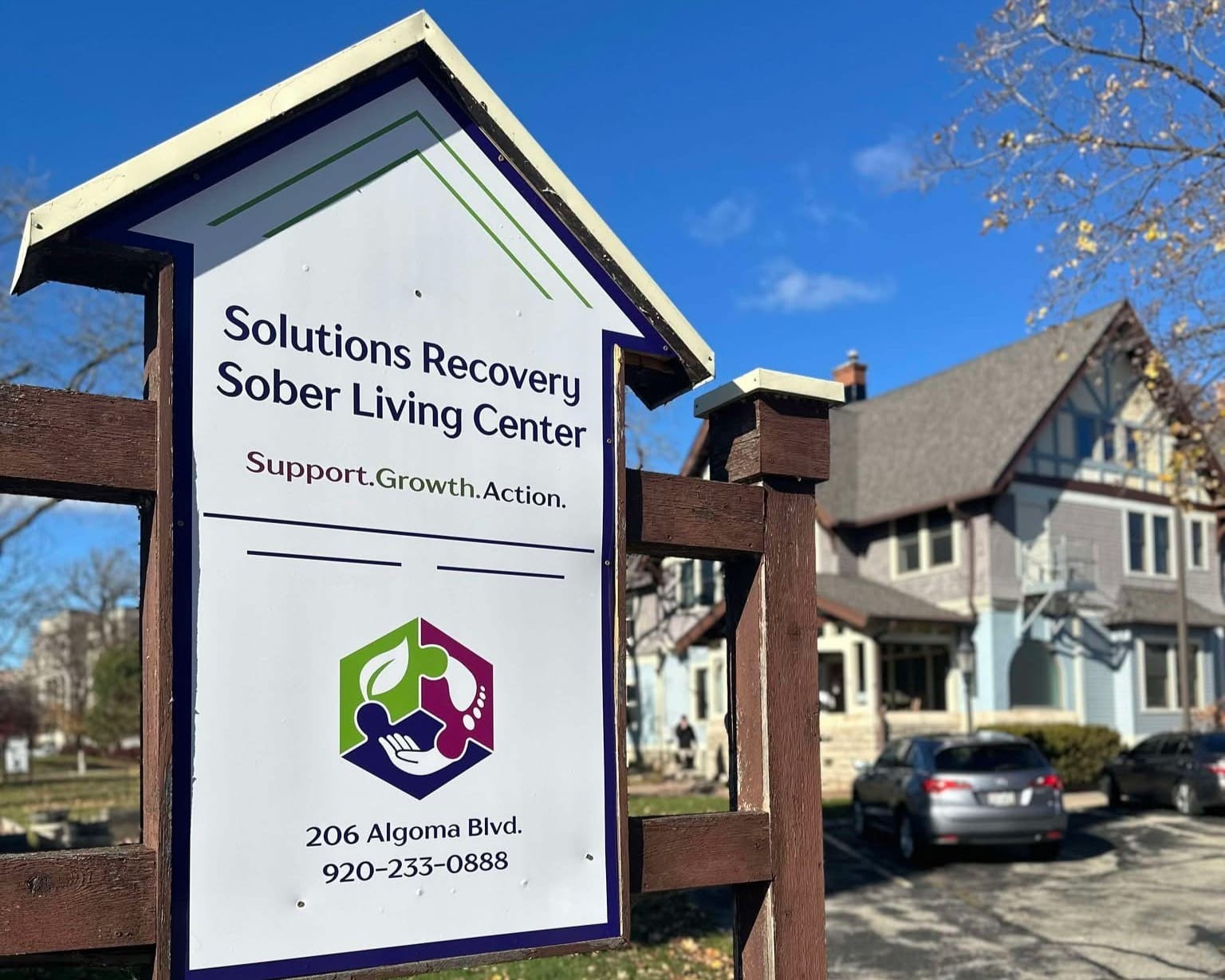Amid evolving federal guidelines, acquiring the COVID-19 vaccine could become more complex for Michigan residents under 65 who are otherwise healthy.
The U.S. Food and Drug Administration (FDA) has approved this year’s vaccine with stricter limitations, leading to potential shifts in insurance policies and confusion among healthcare providers and the public. Michigan’s chief medical executive, Dr. Natasha Bagdasarian, suggests this uncertainty might deter people from seeking the vaccine.
“It doesn’t mean it will be impossible, but it may be a little bit harder to get your COVID vaccine,” Dr. Bagdasarian stated.
Eligibility for the New COVID-19 Vaccine
The new COVID-19 shots are authorized for individuals aged 65 and older and those over six months with medical conditions that increase their risk of severe outcomes from COVID-19. U.S. Health and Human Services Secretary Robert F. Kennedy Jr. announced on X that the FDA has allowed the 2025-2026 vaccines “for those at higher risk,” ceasing the Emergency Use Authorization (EUA) which previously made vaccines available to everyone over six months old.
The FDA has yet to clarify what constitutes “higher risk,” but the CDC provides a list of risk factors. Dr. Molly O’Shea, a pediatrician and spokesperson for the American Academy of Pediatrics, noted that healthy individuals would receive the vaccine “off-label,” meaning for purposes not approved by the FDA.
Age-specific approvals vary: Pfizer’s version is for those aged 5 and up, Moderna’s Spikevax for those over 6 months, and Novavax’s shot for those over 12, all contingent on having at least one underlying condition that increases COVID-19 risk.
Accessing the Vaccine
Vaccine supplies are expected to be distributed in the coming days. Pfizer has stated that its new shots will be shipped immediately to ensure availability in pharmacies, hospitals, and clinics nationwide. Novavax’s doses will be ready “this fall,” and Moderna’s updated vaccines should be available soon.
For those not in the authorized categories, obtaining the vaccine might require additional effort. Pharmacies can verify underlying health conditions via medical records, but an off-label prescription from a doctor might be necessary for others. Some healthcare providers may be cautious, as Dr. O’Shea mentioned, due to potential liability concerns with off-label administration.
Insurance Implications
Current insurance coverage for the vaccine remains unchanged, but adjustments are possible if the Advisory Committee on Immunization Practices (ACIP) updates its recommendations next month to align with the FDA’s new limitations. Insurance coverage typically follows CDC guidance, which could impact programs such as the Vaccines for Children Program (VCP) that provides free vaccines to eligible children.
“We’re hearing from private insurers that they will likely continue to offer all vaccines in the way that they always have, because it’s for the benefit of their population,” said Dr. Bagdasarian. However, this may not remain obligatory if ACIP updates its guidance. Some insurance plans, including those under the Vaccines for Children Program, generally adhere to ACIP’s recommendations.
Brian Mills of the Michigan Association of Health Plans noted that member health plans would probably follow the FDA’s guidance on COVID-19 vaccines. He advised customers to consult their insurance providers for specific policy details.
Without insurance, the cost of a COVID shot can be about $200.
Considerations for Pregnant Women and Children
Pregnant women and healthy children, especially infants, are still recognized as being at higher risk for severe COVID-19 illness. Despite recent federal changes, organizations like the American Academy of Pediatrics (AAP) and the American College of Obstetricians and Gynecologists (ACOG) recommend that these groups continue to receive vaccinations.
The ACOG emphasized that pregnant women are generally at increased risk for severe disease and adverse pregnancy outcomes from COVID-19. Vaccination during pregnancy also protects newborns who cannot receive the vaccine until six months old.
Healthy children over two should also consider booster doses if their guardians seek protection from COVID-19, according to AAP guidelines. This recommendation remains despite controversies around the removal of the COVID shot from recommended schedules for these groups.
Navigating the Confusion
Dr. O’Shea reassured that the safety and efficacy of the COVID shot have not changed, despite the FDA’s updated guidelines. “The guidelines and the recommendations around who can receive the vaccine were not based on any new information at all,” she explained, noting that they were influenced more by political factors than public health concerns.
Although the state health department encouraged everyone, including pregnant women and healthy kids, to continue getting the shot, interest has waned. Dr. Bagdasarian pointed out that the existing confusion and potential changes in policy make accessing the vaccine more challenging, which might lead some to forgo it altogether.
“We’ve already been hearing stories from folks around the state who try to get vaccines, and who have been turned away,” she said, particularly noting issues faced by pregnant women at pharmacies. The ongoing confusion only exacerbates these challenges, she added.
—
Read More Michigan News










